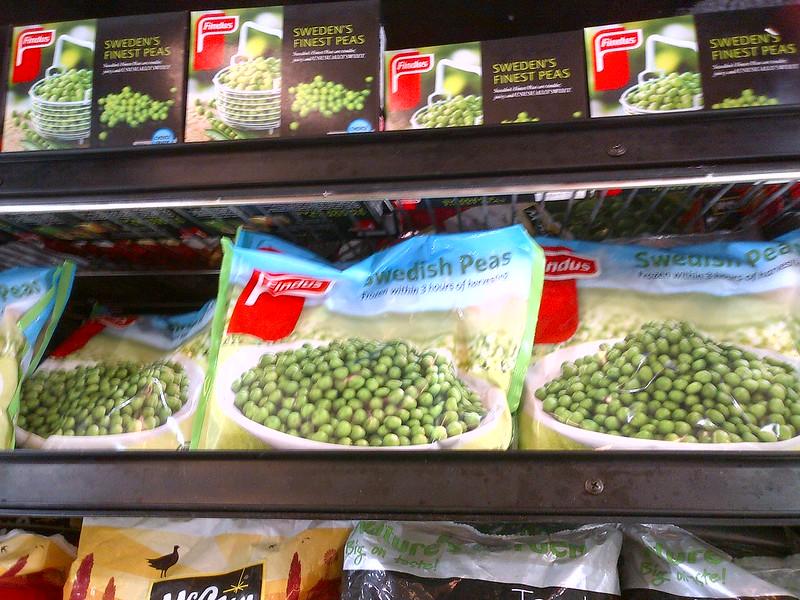Nomad Foods’ pilot reveals slight increase in frozen food storage temperatures could reduce energy consumption
A new study by Nomad Foods, the owner of frozen food brands such as Birds Eye, Findus and Iglo, has found that increasing the storage temperature of frozen food by 3 degrees Celsius (°C) could cut down freezer energy use by 10% without affecting the quality or safety of products.

The research, conducted in collaboration with Campden BRI, tested nine different frozen foods at four temperatures ranging from -18°C to -9°C. The products included poultry, fish fingers, salmon filets, peas, spinach, plant-based meatballs and pizza.
The study measured eight key aspects of the products, such as food safety, texture, nutrition, energy use and packaging impact.
The results showed no significant change in the products at any of the higher temperatures, except for some minor changes in sensory and vitamin C content for some vegetable products. The study also estimated that for every 3°C increase in temperature, there was a 10% reduction in freezer energy consumption.
“As Europe’s leading frozen food manufacturer, we wanted to investigate the opportunity to increase freezer temperatures demonstrating our commitment to continued research and innovation to drive positive change in our sector. Our new pilot study with Campden BRI shows that there is potential to increase the temperature frozen food products are stored at and save energy, with no need to reformulate,” a Nomad Foods spokesperson tells
Related news
Iglo and Findus in new hands
🎧 Hallgasd a cikket: Lejátszás Szünet Folytatás Leállítás Nyelv: Auto…
Read more >Related news
NAK President: more than 120 thousand people signed the agricultural petition in one month
🎧 Hallgasd a cikket: Lejátszás Szünet Folytatás Leállítás Nyelv: Auto…
Read more >









